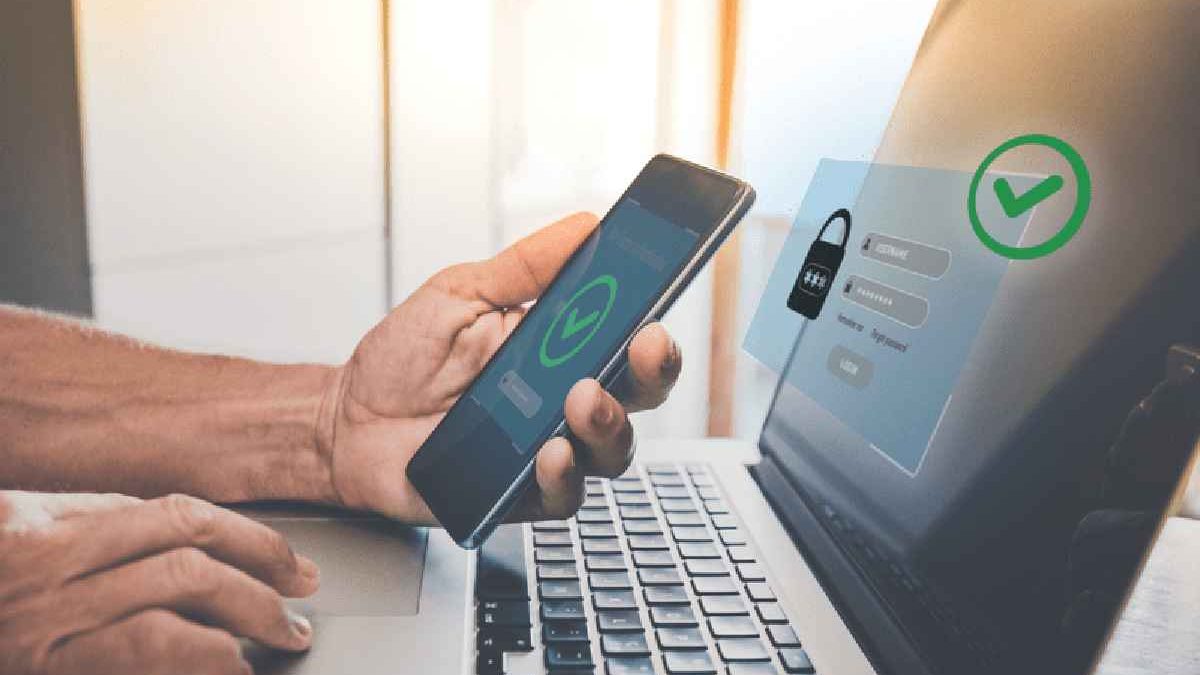The Role of Tokens in Multi-Factor Authentication
The process of using multiple forms of identity to access a system or account is known as multi-factor authentication or MFA. To protect accounts and data, it offers an extra layer of security. It combines two or more authentication methods, such as tokens, biometrics, passwords, and security questions, to increase security.
Multi-factor authorization is an important aspect of enhancing security. Multi-factor authorization guarantees an extra layer of security and makes it less likely that someone will gain access without authorization because it requires multiple credentials. It lowers the dangers of weak or stolen passwords by requiring additional authentication factors.
Table of Contents
Introduction to Tokens as a Component of MFA
One of the authentication factors utilized in Multi-Factor Authorization is tokens. Physical or digital tokens can generate or store unique codes or authentication credentials. With the use of token authentication security, an extra layer of protection is being added by producing one-time passwords.
Tokens are tangible or digital objects that produce or store special codes or authentication credentials. They serve as encrypted keys or one-time password generators to boost the authentication process security. They also assist in establishing user identity as only authorized and pre-vetted users can access the digital assets.
Types of Tokens Used in Multi-Factor Authentication
Hardware tokens, software tokens, and OTPs (One-Time Passwords) are the three most popular types of tokens.
Hardware Tokens, such as key fobs or smart cards, are physical items that can be used to generate one-time passwords or store secure keys.
Software Tokens are virtual applications that generate special passwords when installed on electronic devices like computers or cell phones.
OTP (One-Time Password) Tokens are a particular kind of token that generates one-of-a-kind passwords that are only valid during one login session or for a specific period of time.
How Tokens Work in Multi-Factor Authentication
- Token Generation Process
Strong encryption techniques, including Time-based One-Time Password (TOTP), are used to produce tokens. These algorithms produce distinct and time-limited codes by using a shared secret key and the present time.
- Token Delivery Methods
Users receive tokens via a variety of secure methods. Tokens are generated and displayed on smartphones and tablets by MFA-specific mobile apps. They are delivered by SMS and/or email to a user’s mobile device.
- Token Usage in the Authentication Process
Users supply their credentials (username, password, and matching token) during authentication. The token is validated by the system by confirming its accuracy and expiration date. The user is given access to the system after the token has been successfully validated.
Advantages of Tokens in MFA
- Better Security: Compared to conventional username and password authentication, token authentication security measures offer higher protection. Tokens add an extra degree of security on top of passwords by generating unique, temporary digital keys. Even if the password is stolen, it will be challenging for attackers to access the system without authorization because these codes are hard to guess or duplicate.
- Protection Against Security Threats: Token-based MFA allows trustworthy protection against many security concerns. Phishing attacks involving hackers tricking users into exposing their login credentials are less successful when used in conjunction with token-based MFA since the attacker would also need physical or virtual access to the token.
- Convenience and Usability: Security and simplicity are balanced by token-based MFA. When asked for authentication, users can quickly insert or connect physical tokens like hardware security keys or smart cards because they are small and easy to carry.
Limitations of Tokens in MFA
- Potential Vulnerabilities and Attacks on Tokens
Tokens can be stolen or lost and exposed to unauthorized attackers. Despite its great potential to enhance data protection, Tokens can still be weak against assaults. Some tokens may also have security flaws in their firmware or software that hackers might use against them.
- User Experience and Adoption Considerations
Users may find it inconvenient to carry about and utilize physical tokens, especially if they need to authenticate frequently. For example, virtual tokens like mobile apps could be dependent on elements like battery life, network accessibility, or device compatibility.
- Management and Deployment Challenges
Administrative and deployment difficulties arise during the implementation of token-based MFA. Organizations must guarantee the efficient provisioning and distribution of tokens to users. This method can be quite challenging in installations that are of huge size. It may be necessary to integrate or sync tokens with current verification systems, which calls for careful planning and cooperation.
Final Thoughts
Tokens are essential to multi-factor authentication (MFA) because they add an added amount of security to passwords. They produce special, unique cryptographic keys or codes that are used for authentication. This creates a second line of defense against unwanted access, even if passwords are stolen.
Implementing token-based MFA is crucial for companies trying to strengthen their security posture. By employing tokens, organizations can lessen the dangers brought on by regular security attacks. Tokens, a powerful protective measure, reduce the likelihood of unauthorized access to crucial accounts or systems.

